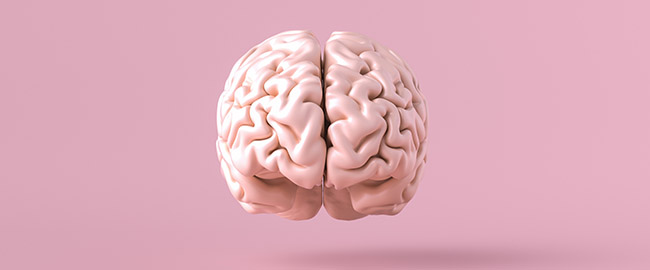
The Brain Explained
The average adult human brain weighs around approximately 1.4kg and is about the size of a medium cauliflower. It contains around 100 billion nerve cells, called neurons, which are connected by 100 trillion connections, known as synapses.
